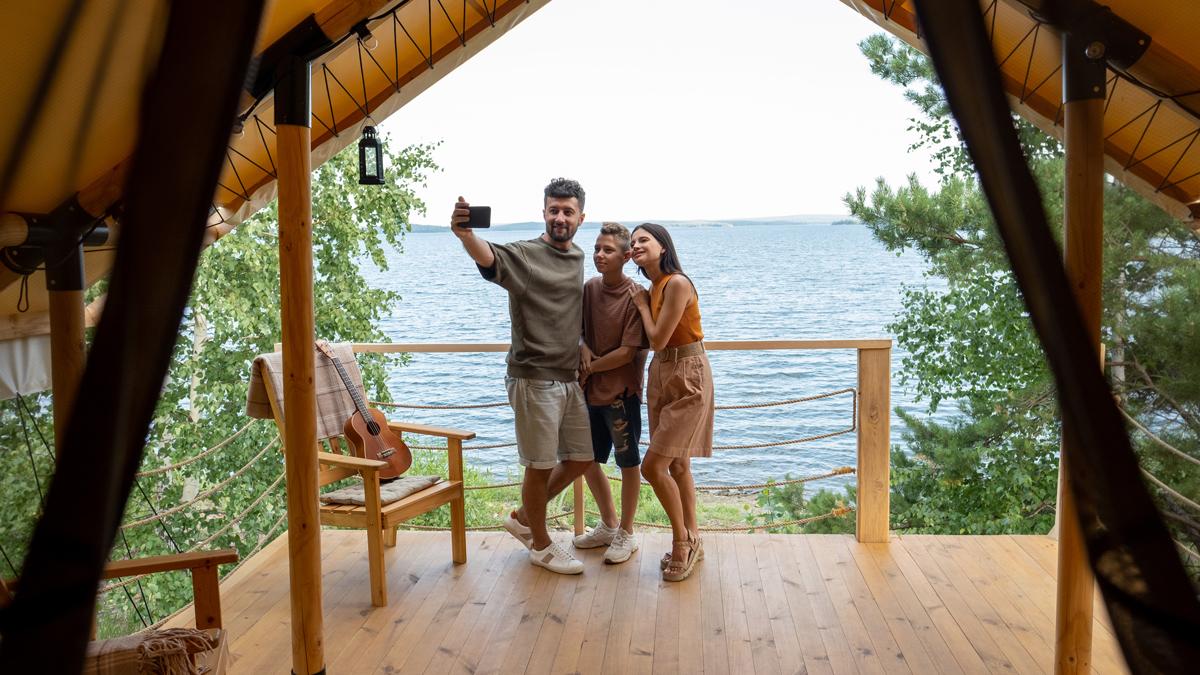Besides your primary residence, a vacation home is an estate property used for leisure purposes. Often in calming, beautiful, and desirable destinations; such as beach resorts, tourist areas, and mountainsides. Understanding the differences between primary residences, management, rentals, and staying informed can allow you to buy your vacation property without hassle.
Local licensing and regulations of your vacation home
It is crucial to understand the licensing, regulations, registration and local laws that may vary depending on where you are. Different rules and areas may require permits and restrictions, and compliance may lead to fines. In specific scenarios, they may kick you out without prior notice, you may be unable to rent, and you may have many legal issues. It is highly recommended to research, talk to an established professional, and thoroughly understand beforehand to maximize your income potential.
Understanding the tax implications of buying a vacation property
Purchasing a property, no matter the type is a large decision; alongside are various tax implications. Consulting with a tax professional can help you navigate these issues, and ensure you make the most out of your investment. Whether it’s a foreign property ownership; where you may be required to both your home country and authorities, or capital gains tax, it’s important to plan to minimize your tax liability, stay out of issues, and be conscious at all times.

Depreciation and its recapture of vacation homes
You may be able to depreciate the estate over time If you rent out your vacation residence. This may reduce your taxable rental income, allowing you to gain more. Depreciation allows one to deduct the cost over its useful life (commonly 27.5 years of rental property). Depending on where you live, take the IRS for example; when you sell the property you may face depreciation recapture. This means they will deduct from the depreciation over the years, up to a maximum rate of 25%. Take the time to plan your future, and see if this method aligns with your future and present goals.
Capital gains taxes when selling your vacation home
Another tax implication is capital gains tax. Where it relates not to the present, but to the future. Commonly, 250,000 (500,000 for married partners) are excluded from taxes. If you decide to sell your estate, unlike primary residences; capital gains (typically) don’t qualify from the exclusion of capital gains.4
The profit arising from your profit when sold, may be taxed as high as 20%, and depending on your salary, prior history, ownership duration, and renovations, these costs may all be added to your basis.
Analyzing seasonal demand and occupancy rates in the area
Understanding seasonal demand and rates in the area is important, to maximize your profit, and to make sure you’re getting the best price you can. The destination and holidays may affect it as well. Or the difference between a beach property and a mountain cabin during summer vs winter months.

Occupancy rates are the duration of time a property is rented vs how long it’s been listed. A high occupancy rate may show a positive sign for investors, and buyers, and may be able to increase the price. Occupancy rates may vary depending on a variety of factors. The above can help you access your financial income, budget for costs, and make an informed decision.
Conclusion
Buying a vacation home can be truly rewarding, being able to lend it out, and having peace of mind whenever. It’s equally important to research beforehand, and understand tax implications, the pros and cons, and everything in between.
Disclaimer: The information listed above in this article is for general informational purposes only and should be seen as professional legal, financial, or tax advice. The author and publisher are not accountable for any losses or damages that may arise from the information contained in this article. Always consult with a qualified professional being making any decisions.

